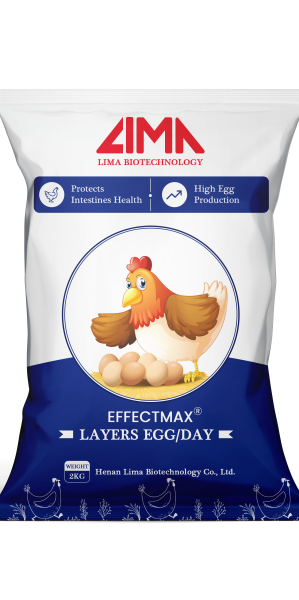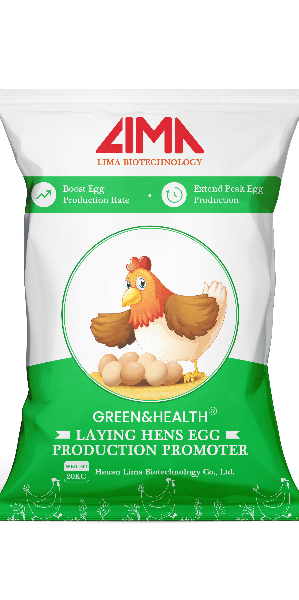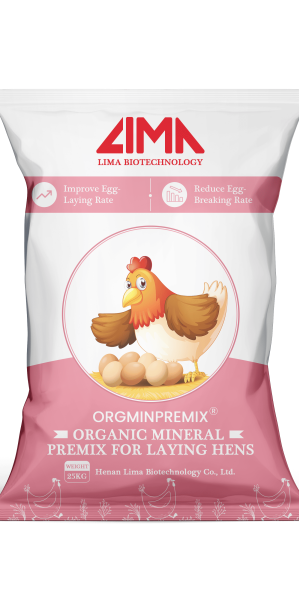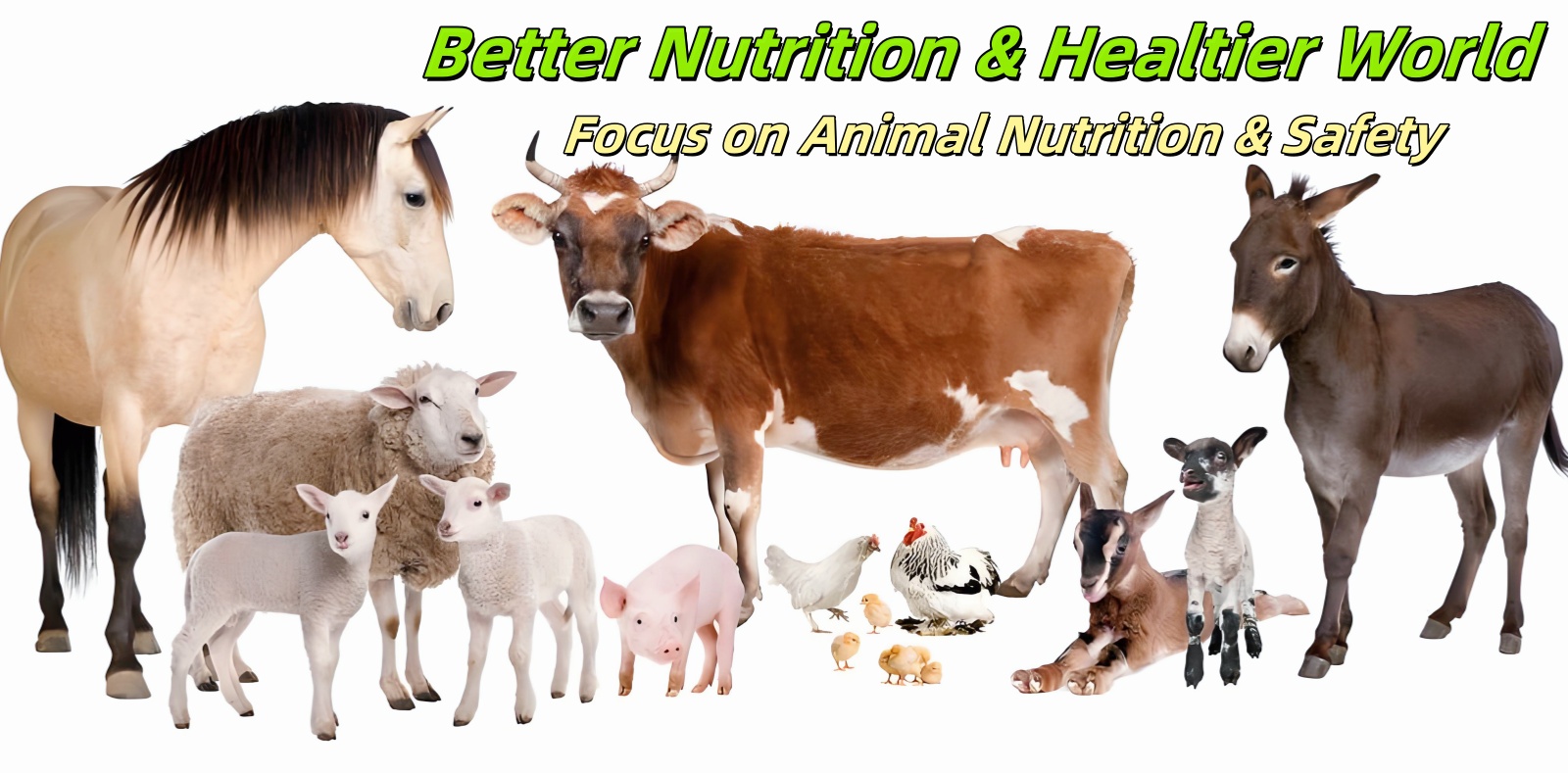How many eggs can a laying hen lay in its lifetime? the reasons are multiple. Including environment, nutrition, disease, as well as management. when these conditions are saturated, It doesn't mean the chickens can lay a lot of eggs. and it doesn't mean the chickens have the maximum immunity.
It is widely acknowledged that all animals require trace elements for their growth, and laying hens are no different. when regular feed cannot meet the hen’s growth needs, add some additives to the feed. hens can grow quickly, and even grow bigger than normal chickens.
The production and application of feed additives are critical. they show the upgrading of the animal husbandry industry.
The gut of chickens becomes healthy, most diseases are cured. that is because gut health is closely related to immunity. only the chickens are healthy, they can naturally lay more eggs.
Feed additives contain many biological elements. these elements can promote the growth of laying hens, and they also can extend hen’s egg-laying period. thereby increasing the profits of farmers.
So, what are the specific effects of feed additives?
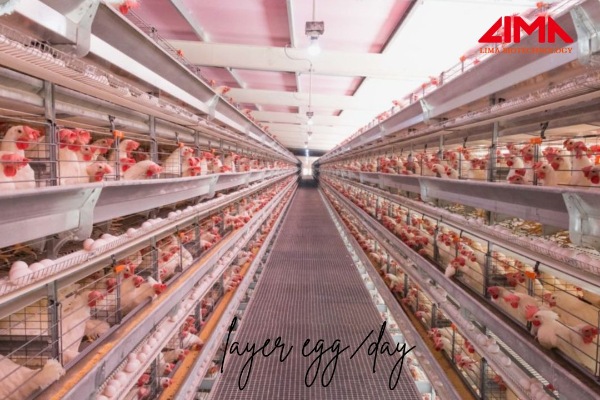
Regulating the intestines and reducing the feed-to-egg ratio
Promoting digestion and absorption
Laying hens have a healthy gut. so they can absorb nutrients from their feed more quickly, to achieve the goal of rapid growth. conversely, if the hen’s digestive system is not good. laying hens will get various diseases, like diarrhea, and paralysis.
Gut health also directly affects the number of eggs laid in hens. chickens have an unhealthy gut, and their eggshells and egg whites may become softer and thinner. treating sick hens individually will take a lot of work. and it will also harm the health of the chicken.
Feed additives contain many active biological elements, it can promote intestinal absorption. for example, oligosaccharides, it is also called low polysaccharides.
It improves the digestive capacity of the gut, increases the proportion of beneficial bacteria in the intestinal tract. and increases the absorption of nutrients in the feed.
In addition, hawthorn, hawthorn, jujube seed complex enzymes, and other substances, all have the effect of promoting metabolism and nutrient absorption. These biocatalysts often appear in human health products, and are also beneficial for laying hens without any harm.
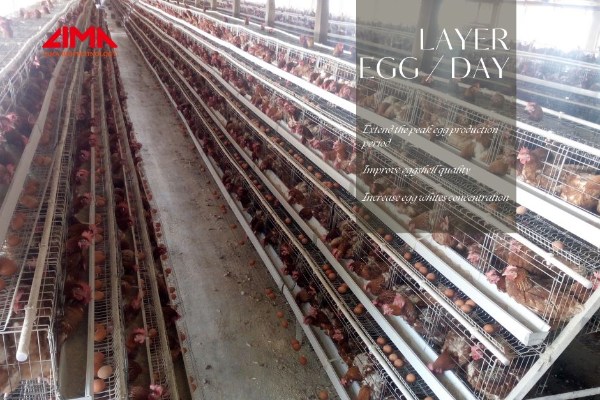
Reducing feed consumption
If the nutrients in the feed cannot be fully absorbed by the poultry, the feed will be wasted. and the stomach and intestines of laying hens will also be very tired.
The compounds in feed additives are abundant. they enhance poultry's digestion and absorption. they also maintain intestinal health and help nutrients get absorbed more completely.
Compared with laying hens that did not consume feed additives, laying hens fed with feed additives consume less feed, and lay more eggs.
Regulate the immune system and reduce mortality
Having a strong immune system, that can prevent any invasion of exotic diseases. such as avian flu, colibacillosis, and ovarian, and fallopian tube diseases. thereby ensuring normal egg-laying capacity.
If infected with these diseases, it can lead to a decrease in egg production for hens at best. and complete cessation of egg laying at worst. as the egg production of hens directly affects the economic benefits of farmers, it is urgent to improve the immunity of laying hens.
Saccharic terpenoids in feed additives boost the activity of immune cells. like macrophages and lymphocytes. they also raise antibody levels. This makes laying hens' immune systems stronger.
Bioactive peptides and various plant extracts can activate the immune system. as the immune system increases, laying hens are more resistant to the virus. at the same time, the incidence rate has decreased
Compared with chickens raised under natural conditions, feed additives can indeed effectively reduce farmers' disease treatment costs. most importantly, the chances of laying hens dying and being eliminated will also be greatly reduced.
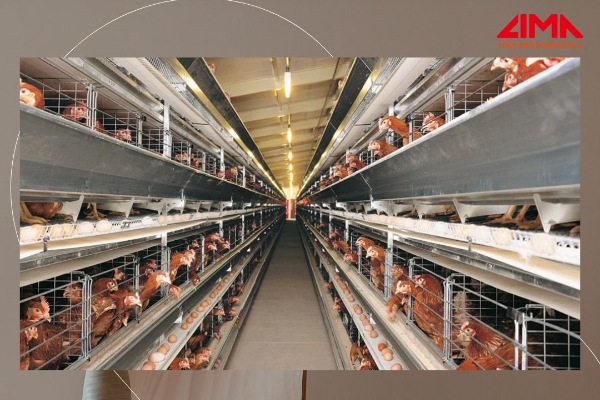
Regulate the reproductive system and prolong the peak of egg production
Activate ovarian function, promote follicle development, and improve eggshell quality
Plant extracts in feed additives, such as soy isoflavones, stimulate the secretion of estrogen. and it makes the ovaries of laying hens more active. the external performance of laying hens is to lay more eggs.
There are also some vitamins, minerals, amino acids, etc. that can provide necessary nutritional support for the formation of follicles. Consequently, the egg production rate of hens will increase by 3%-5%.
Vitamins can promote calcium absorption, and strengthen the secretion of egg white. it also promotes the deposition of calcium and pigments, making the eggshell texture strong, smooth, and shiny. and increase the weight of eggs by 2~5%.
In addition, the minerals contained in feed additives can also improve the texture of the eggshell.
Prolong the peak of egg laying
Mannan peptides is a feed additives, that can remove various toxins remaining in the hen’s body. mannan peptides help the body to fight viruses. ensure every hen escapes from sub-healthy situation, and greatly reduce egg-laying fatigue syndrome.
Feed additives also contain some enzymes, these enzymes can improve the gut environment of laying hens, enhance the nutritional supply and body health. and it also can extend the peak egg-laying period of hens by 2 to 5 months.
Summary
In addition to feed additives, farmers should also pay attention to some external factors, such as chicken house hygiene, feeding environment and lighting time. only when all aspects are taken care of, laying hens can lay more eggs, and farmers can also make more money.














